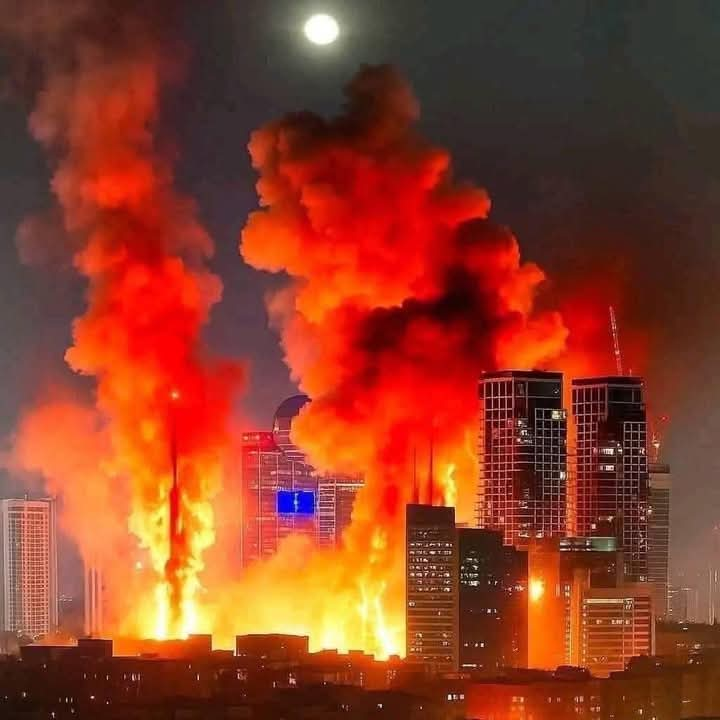Heightened Tensions as Iran and Israel Exchange Strikes, Report Casualties

On Friday, June 13, 2025, a significant escalation of tensions between Israel and Iran unfolded, marked by a major counterattack from Iran following what it described as an unprecedented Israeli onslaught. The conflict began with Israeli airstrikes targeting numerous sites across Iran, including critical underground nuclear facilities at Natanz, Isfahan, and Fordo. These attacks also resulted in the deaths of several high-ranking Iranian military officials and nuclear scientists, notably the head of Iran's Revolutionary Guards, Hossein Salami, its chief of staff, Mohammad Bagheri, and aerospace commander Amirali Hajizadeh. Israeli Prime Minister Benjamin Netanyahu stated that 'Operation Rising Lion' was executed to ensure Israel's survival and prevent Iran from acquiring nuclear weapons, adding that Israel had struck 'more than 200 targets' and would continue the raids 'as many days as it takes'.
In retaliation, Iran launched a massive counter-strike, firing more than 150 missiles in three barrages towards Israel, with Iranian state news agency IRNA reporting hundreds of ballistic missiles. Explosions were heard over Tel Aviv and Jerusalem, and sirens sounded across Israel. While the Israeli military reported intercepting most of the missiles, at least one projectile impacted central Tel Aviv, hitting a modern apartment block and causing significant damage, with 21 people reportedly injured. Iran's Supreme Leader Ali Khamenei vowed that Iran's armed forces would leave Israel 'helpless' and stressed that the response would not be 'a half-measure', while the newly appointed Revolutionary Guards chief, Mohammad Pakpour, threatened to open 'the gates of hell' on Israel.
International reactions to the escalating conflict were immediate and varied. Calls for restraint multiplied from global leaders, fearing a broader Middle East conflict. Airspaces over Israel, Iran, Iraq, Jordan, and Syria were closed, leading to widespread flight cancellations and reroutes by major airlines. The United States, through Secretary of State Marco Rubio, denied any involvement in Israel's strikes, although former US President Donald Trump stated that Israel had fully informed him beforehand and warned Iran that future attacks would be 'even more brutal' if a nuclear deal was not reached. Trump's previous administration had withdrawn from the Joint Comprehensive Plan of Action (JCPOA) in 2018, an agreement that had limited Iran's nuclear activities in exchange for sanctions relief.
The economic impact was also significant, with oil prices surging by over 7% and stock markets falling globally. Defense company stocks, however, saw an increase. Some security analysts suggested that Netanyahu's actions might also be a strategy to prolong his time in office and evade corruption charges. The conflict also reignited debates on Iran's nuclear program, with the head of the International Atomic Energy Agency (IAEA) noting limited damage to Iranian nuclear sites but also contamination at Natanz. A former Nigerian minister, Femi Fani-Kayode, condemned Israel's initial attack as an unprovoked violation of international law and a declaration of war, warning of further destabilization in the Middle East.










